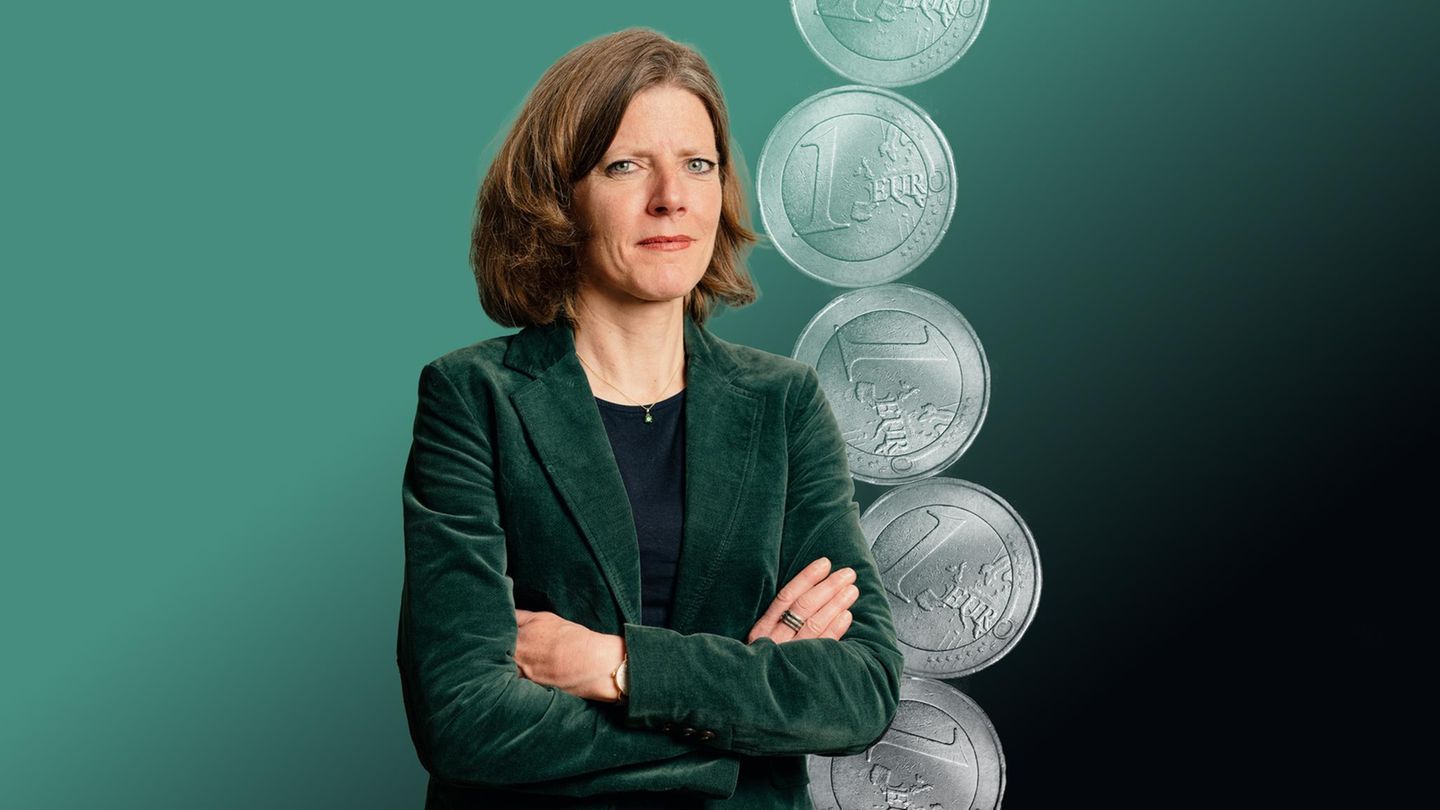With his hits, Udo Jürgens pushed the boundaries of pop music. His children John and Jenny look back on their father’s life. But they don’t want to talk about some aspects publicly.
Udo Jürgens’ artistic ambitions went far beyond light entertainment. The singer, who helped shape German-speaking show business for decades, incorporated not only current political events but also popular music trends into his hits, as his children John and Jenny Jürgens say. Today her father would have been 90 years old.
“What he didn’t want was to be old-fashioned and yesterday’s news,” says John (60) to the German Press Agency. “Dad also showed us more progressive music – rock bands and the craziest things,” the son remembers in a joint interview. “We were all very funky,” says his sister Jenny, who is three years younger than him, during the interview in Vienna.
Udo Jürgens was born Jürgen Udo Bockelmann in Klagenfurt, Austria. He died in his adopted home of Switzerland in December 2014. He left behind a huge musical legacy with more than 1,000 songs composed, many hits and more than 100 million records sold.
Away from the hit image
His first single with the title “There were white chrysanthemums” from 1956 was still dominated by the hit genre. About ten years later, Jürgens asserted himself as an independent song composer with the hit “Seventeen Year, Blonde Hair” and then at the Eurovision Song Contest with the winning song “Merci Chérie”.
“He wanted to differentiate himself further and more intensely from this image of the pop singer,” says Jenny. He was “always slightly offended” when he was called that way.
A best-of collection entitled “Udo 90” is being released for his posthumous 90th birthday. The current influences of the time shine through in some songs. “Always again the sun rises” (1967) sounds a little like the then successful Beach Boys; “Your Solitude” (1970) is reminiscent of the sound of a recently released album by Simon and Garfunkel.
English language album did not hit
But there were limits to the singer’s spirit of musical discovery. In 1981, Jürgens produced the English-language album “Leave A Little Love” in the USA, which musically leaned towards pop. His kids thought it was cool. “But it didn’t work out that way,” says Jenny, describing the record’s lack of success with audiences.
The content of his songs also went far beyond shallow hit lyrics. In “Love Fatherland” he sang about the socially disadvantaged in the shadow of corporations. In other songs he addressed crises and social issues in an indirect, humorous or sentimental way: environmental pollution and a political assassination in “5 Minutes to 12”, alcoholism in “The Devil Made the Liquor” or migration in “Greek Wine”.
“Dad had a way of always putting his finger delicately in a wound somewhere in the lightness of his songs – very often with a wink,” says Jenny.
Controversy over a word in the “But please with cream” text
In his songs you will not only find criticism, but also self-irony – when it comes to his image as a womanizer, for example. “He knew exactly who he was and his absolute credo was to flee forward,” says Jenny Jürgens. These two of Udo Jürgens’ four children do not want to talk about how they and their brother experienced their father’s relationship with women.
However, the siblings are more relaxed about the controversy surrounding the Jürgens classic “But please with cream”. For the “Giovanni Zarrella Show” on ZDF last year, the word “Mohrenkopf” was replaced by “Schokokuss” in the lyrics. There was criticism of this step in online comment columns. “Actually, I say: You can change it,” says John. “I don’t know what the big fuss is about, it’s not Goethe, it’s a satirical text by Eckart Hachfeld.” Jenny would have preferred to leave the text in the original, but she agrees with her brother that the term “Moor head” is actually no longer acceptable.
The show must go on – even after death
Instead of talking about controversy, the siblings would rather talk about the rediscovered and now released Jürgens song “Als ich weggonge”. “It’s a beautiful ballad,” says John about the song, which was viewed more than 300,000 times on YouTube in just a few days. The song was a demo tape gathering dust in an archive for decades. Using artificial intelligence, Jürgens’ voice was filtered out of the old recording and recorded with new instrumental accompaniment.
Posthumously, the entertainer lives on on stage. The “Da Capo Udo Jürgens” tour begins at the beginning of November. In the shows, concert recordings of the singer can be seen and heard on an LED wall, while a band accompanies the songs live. However, John doesn’t want to see his father on stage as a digital avatar in the future, even if the cult band Abba now appears in the form of such 3D holograms. “I find that scary,” says John.
Source: Stern
I am an author and journalist who has worked in the entertainment industry for over a decade. I currently work as a news editor at a major news website, and my focus is on covering the latest trends in entertainment. I also write occasional pieces for other outlets, and have authored two books about the entertainment industry.




